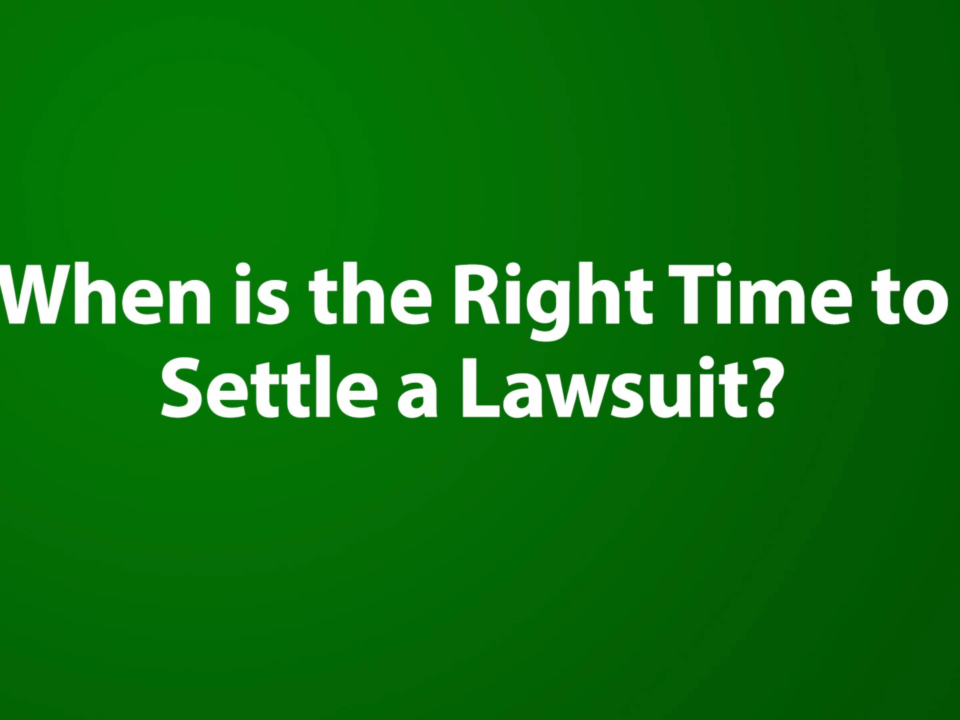
An asset is defined as, “property owned by a person or company, regarded as having value and available to meet debts, commitments, or legacies.” As a result of legal liability, assets can be levied upon by creditors. Protecting assets is not about hiding assets, it is about utilizing options to legally protect those assets from creditors. Being aware of your potential liability can assist in the process of protecting those assets.
Financial liability can arise in many different areas, from divorce, car accidents, businesses, employer-employee relationships, and real estate (especially rental properties). Taking steps to protect these assets before claims arise is crucial to effective asset protection. Liability can arise for those who only own a vehicle to those with billion-dollar companies and everyone in between.
Typically, protecting assets involves separating you, personally, from those assets. A common method for separation is creating business entities to hold the assets. For example, if you own a rental property, it is often wise to form a business to hold that property. If a tenant dispute arises, which is likely to happen at some point, the tenant is usually limited to executing any potential judgment against the business assets and not your personal assets. This is one basic example of how to protect assets. As assets become more valuable and varied, the management of their protection also becomes more complicated.
Placing assets in a trust is another way to protect those assets. Trust creation is a typical part of estate planning, and including important assets in the trust is a way to protect those assets and your estate. Forming a trust can be a complex process, especially when including the added benefit of protecting assets. Utilizing the assistance of an experienced attorney is crucial to successful asset protection.
Aside from different business or estate planning options, insurance is also very important for protecting your assets, whether it is your homeowners, vehicle, or professional malpractice insurance. Insurance protects you from potentially losing everything in the event of an incident triggering coverage. Another form of insurance to consider for asset protection and estate planning is life insurance. Generally, if a life insurance policy is payable to a relative of the deceased, creditors cannot reach that life insurance.
There are many ways to protect your assets. Having a plan set up before a problem arises can give you peace of mind if legal liability arises. An attorney like Stephen Welle can help you protect your assets. Contact O’Keeffe O’Brien Lyson Attorneys in Fargo, North Dakota or call 701-235-8000 or 877-235-8002 to discuss your case.



